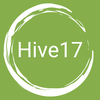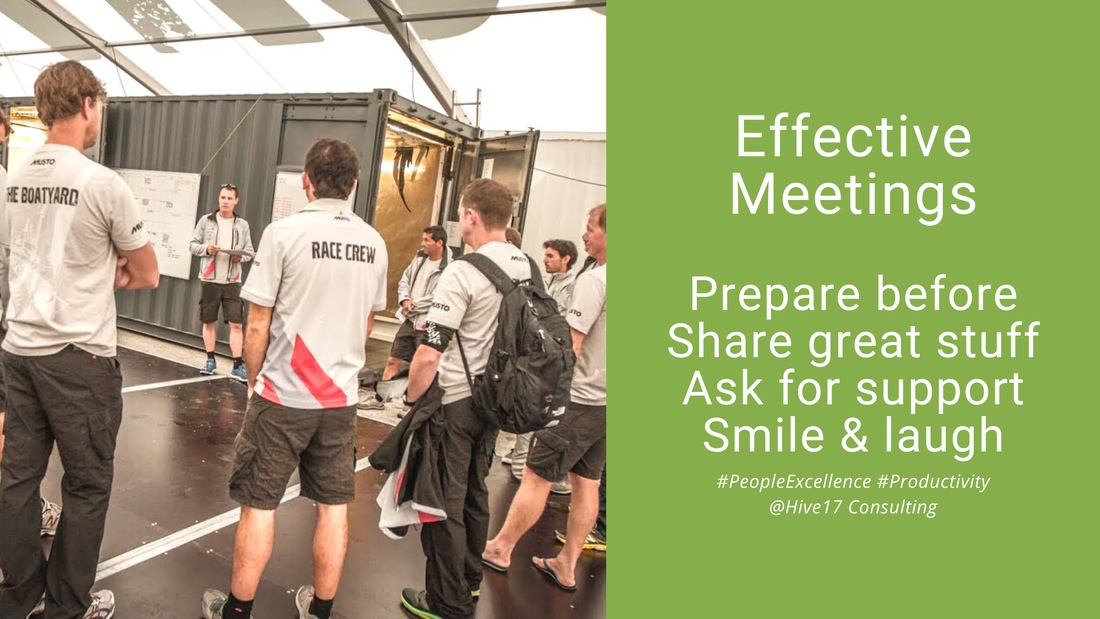|
Yesterday, I talked with a friend about the fact that we tripled the amount of meetings since we enjoyed more freedom of working at home - compared to 2019 where we already complained about too many meetings. The main point we contemplated is that now, we even need to schedule a random chat with our friends. Something went wrong.
Let's face it; most meetings are inefficient and lack purpose and results. Yes, it is great to connect with our peers; at the same time it creates a lot of stress and pressure. When is the last time you had five meetings back-to-back? I guess your answer is 'yesterday'. How can we get out of this vicious cycle? Since a while I am sharing these simple principles for effective meetings. At the core is the shift away from one-way communication meetings. Who is a culprit to conduct information briefing sessions? Yes, we fall into this trap. Here my core principles for all participant to create a good and fruitful conversation during your meetings:
The other day, I came across this article by Steven Rogelberg: What the Science Says about Meeting Agendas May Surprise You. Here what I take out of it to enhance the above principles:
And let's not forget one thing: let's enjoy these meetings, let's laugh and smile, let's focus on the connection between people. And that might also mean to schedule less meetings. Which point do you want to try out in your next meeting?
0 Comments
Over the last decade, I could collect many examples where teams and entire organisations tried to accomplish too many things at the same time - with the result that they are advancing very slowly. I observed this in manufacturing environments, corporate functions, product development teams, etc. And I am sure, many of you agree to this. And still, there are so many important topics; how to choose?
Last year, a team approached me to support them to improve their productivity. They organised themselves in a very typical manner: each team member got a topic assigned and worked on it individually. During my observations I discovered two main obstacles. First, the team members felt that they were not in a good position to help each other. Second, the team was not able to accelerate urgent topics fast. That's why we tried a new approach. How often do you observe similar situations in your organisation? In this team, we tried to follow the principle: let's minimise the topics we are working on in parallel. We started with selecting one focus topic per cycle - a two weeks period in their case. At the beginning we had a deep dive into the topic to get everyone familiar with the topic. Then, they discussed what are the tasks to bring this topic forward and continued to work together on these activities. With this sequential approach, the team didn't have to select important topics to reduce the number of projects on their plate. There is always the next cycle, where the next important focus topic will be progressed. This gave the team the confidence to spend very little time on the other topics. During the reflection after the first cycle, the team expressed how they enjoyed to work closer together; this was a great team bonding. In addition, they were able to significantly accelerate the delivery for the focus topic. At the same time, the team struggled with a steep learning curve during the deep dive and shared that they had to find a new balance between working in a group and focus on individual tasks. We agreed that both points will become much easier over the course of the next cycles. Overall, they all agreed the benefits outweigh these drawbacks. The team highly appreciated the switch to a more parallel approach of delivery. Where do you see areas to implement this way of working? Many companies are in the process to define the annual performance goals and in this context, we often talk about accountability. Harvard Business Review was recently sharing some interesting insights, how these goals are set; for example, 21% of the employees feel that they can control their goals and 69% of employees feel that they don't perform up to their potential. How are you creating motivation and ownership during these goal-setting conversations?
At Hive17 Consulting, we are conducting Vision-to-Action programs that translate your strategy into changes in people's daily work. In this program, we create an environment where the teams, the employees, are defining their objectives themselves. As a result, we have observed that these teams are taking more ownership of the outcome, are collaborating closer together, and the delivery quality improved. What are the key points that drive engagement during the goal setting period?
How do you feel about giving away control? Source: How to Actually Encourage Employee Accountability |
Subscribe
Receive our monthly themed summaries of our thoughts: click! TimTim is a change practitioner in the area of innovation and excellence. He is working with teams to accelerate innovation, collaboration and agility. Categories
All
Archives
July 2024
|




 RSS Feed
RSS Feed